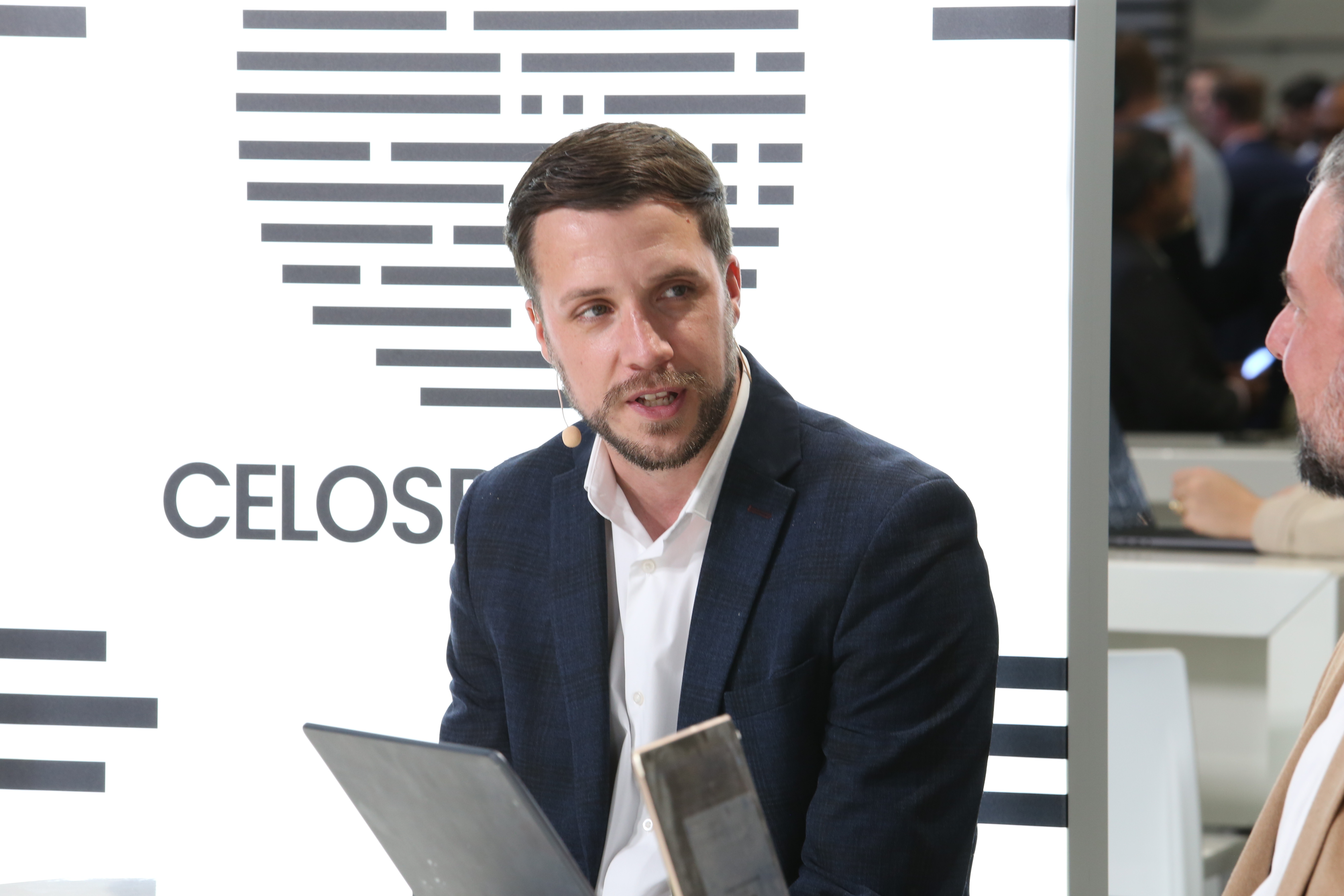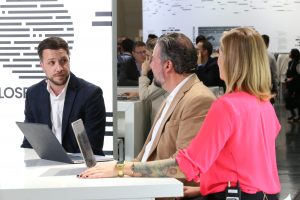 AI
AI
 AI
AI
 AI
AI
England’s National Health Services has started adopting Celonis SE’s process mining platform to fix a variety of healthcare bottlenecks.
Healthcare involves complex day-to-day communications and tons of data so delays are common. Process mining has been transformative in this regard, according to Daniel Hayes (pictured), national lead of data-driven productivity for elective care at NHS England, who works specifically with Coventry and Warwickshire.

Daniel Hayes, national lead with NHS England, talks about AI’s potential in healthcare.
“One of our biggest focuses in the NHS is not necessarily the monetary value, but how can we improve our patient experience, the journey that they’re going on?” Hayes said. “How do we make that the most effective and efficient for those that are obviously using healthcare at a time that obviously they don’t really want to be in a hospital. So, it’s great for our patients.”
Hayes spoke with theCUBE Research’s Savannah Peterson and Rob Strechay at Celosphere 24, during an exclusive broadcast on theCUBE, SiliconANGLE Media’s livestreaming studio. They discussed how AI and process mining could eliminate healthcare bottlenecks and benefit the healthcare system on a national scale. (* Disclosure below.)
Process mining has had a huge impact on Hayes’ region, allowing them to observe why patients were a “did not attend,” or DNA. The organization then made changes accordingly, improving attendance county-wide.
“Process mining allowed us to see that if you had an appointment tomorrow, we would send you a text message today,” Hayes said. “Invariably, patients wouldn’t turn up tomorrow … by looking at reaction, we were able to move our communication with our patients to day 14 prior to their appointment and day four. We started to see that people were turning up and being more honestly engaged with the organization.”
The total of DNAs changed from 1,800 to 700 per week, which also reduced the hospital’s waiting lists. Hayes believes that implementing process mining and AI-based automation on a national scale could be game-changing.
“I’m a big AI fan,” he said. “From what we’ve done over the past five months, I genuinely believe we could use data AI to improve our patient processes and people’s comfort day-to-day … so I’m really supportive of it.”
Here’s the complete video interview, part of SiliconANGLE’s and theCUBE Research’s coverage of Celosphere 24:
(* Disclosure: TheCUBE is a paid media partner for Celosphere 24. Neither Celonis SE, the sponsor of theCUBE’s event coverage, nor other sponsors have editorial control over content on theCUBE or SiliconANGLE.)
Support our mission to keep content open and free by engaging with theCUBE community. Join theCUBE’s Alumni Trust Network, where technology leaders connect, share intelligence and create opportunities.
Founded by tech visionaries John Furrier and Dave Vellante, SiliconANGLE Media has built a dynamic ecosystem of industry-leading digital media brands that reach 15+ million elite tech professionals. Our new proprietary theCUBE AI Video Cloud is breaking ground in audience interaction, leveraging theCUBEai.com neural network to help technology companies make data-driven decisions and stay at the forefront of industry conversations.